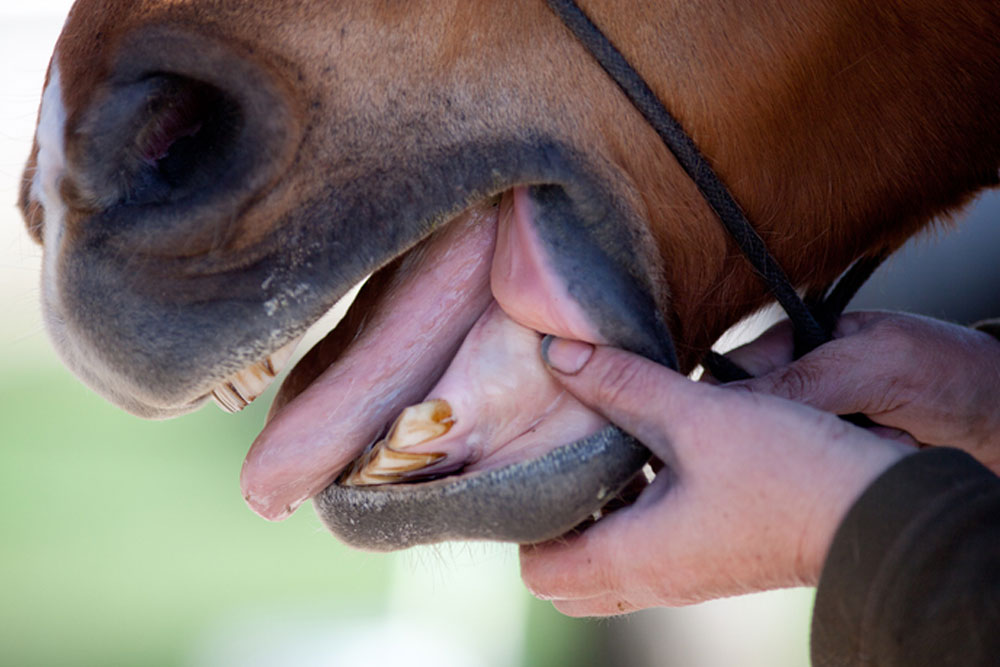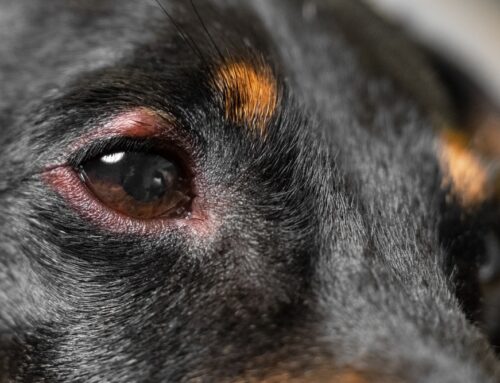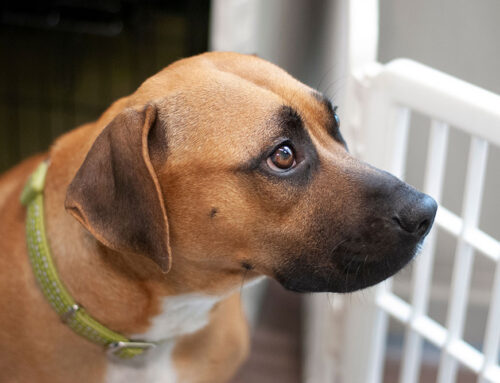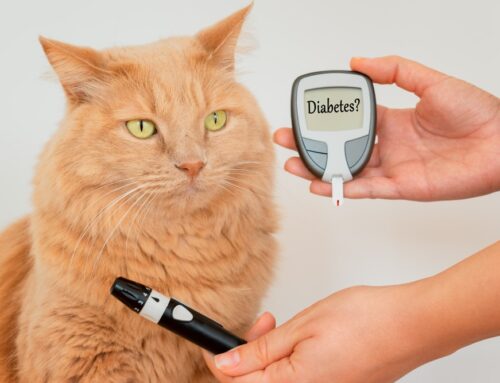At Rustebakke Veterinary Service, we know that a healthy mouth means a healthier, more comfortable horse. Just like in humans, oral health in horses is directly linked to performance, behavior, digestion, and overall wellness.
Routine dental care isn’t just about floating teeth—it’s a critical part of your horse’s lifelong health plan. From detecting early dental disease to preventing long-term complications, consistent oral exams can make a dramatic difference in your horse’s comfort and quality of life.
In this guide, we’ll cover:
- Why equine dental health matters
- How to recognize signs of dental pain
- Common oral problems in horses
- What happens during a dental exam
- How to stay proactive at home
Why Equine Dental Care Matters
Dental Health Affects the Whole Horse
Efficient Chewing and Digestion
Horses are designed to chew slowly and steadily throughout the day. Dental problems that interfere with chewing can lead to weight loss, poor feed efficiency, and even digestive conditions like colic. Learn more about the structure and function of equine teeth from University of Illinois Veterinary Medicine.
Performance and Behavior
Oral discomfort doesn’t stay in the mouth—it often shows up in your horse’s attitude. Resistance to bridling, head tossing, bit evasion, and general irritability may all stem from undiagnosed dental pain. Texas A&M explains how dental issues can significantly affect your horse’s performance and demeanor.
Preventing Systemic Disease
Severe dental infections can travel beyond the mouth. Bacteria may enter the bloodstream and contribute to sinus infections, jaw abscesses, or even impact major organs like the heart or kidneys. Staying ahead of dental disease helps safeguard your horse’s entire body.
Common Dental Problems in Horses
1. Sharp Enamel Points and Hooks
Uneven wear patterns naturally develop as horses chew. These sharp points can cut the cheeks and tongue, causing ulcers, inflammation, and reluctance to eat or accept the bit.
2. Malocclusions (Misaligned Teeth)
Overbites, underbites, and other bite misalignments can interfere with the grinding surface of the teeth. Left untreated, this leads to abnormal wear and inefficient chewing.
3. Periodontal Disease
Inflamed gums, loose teeth, and deep pockets around the tooth roots all indicate serious gum disease. Over time, this condition becomes extremely painful and may result in tooth loss.
4. Tooth Root Abscesses & Infections
Root infections often spread to surrounding bone and sinuses. If you notice facial swelling, foul breath, or nasal discharge from one nostril, a root abscess could be the cause.
5. Retained Caps (Baby Teeth)
Young horses between 2.5 and 5 years may fail to shed baby teeth correctly, leading to overcrowding or impaction. Early detection is key to keeping the mouth aligned.
Recognizing Signs of Dental Pain in Horses
Unlike people, horses can’t point to a toothache—but they show pain in other ways. Subtle signs often go overlooked.
Behavioral and Physical Red Flags:
- Dropping feed (known as “quidding”)
- Tilting the head while eating
- Difficulty chewing or excessive salivation
- Weight loss despite a good appetite
- Head tossing or avoiding the bit
- Bad breath or swelling along the jaw
- Nasal discharge from one nostril
Knowing what to look for is the first step in keeping your horse comfortable. Here’s how to spot signs of dental pain in horses from Zoetis Equine
What Happens During an Equine Dental Exam
At Rustebakke Veterinary Service, our dental appointments are safe, thorough, and tailored to each horse’s needs.
1. Full Sedated Oral Exam
- Sedation allows for a stress-free and detailed evaluation.
- We use a speculum and lighted instruments to inspect every tooth, check gum health, and evaluate tongue and palate condition.
2. Dental Floating
- Sharp points and imbalanced wear are corrected with specialized instruments.
- Floating helps restore natural chewing motion and reduce pain from ulcers or pressure points.
- Most horses benefit from annual floating, though frequency depends on age, anatomy, and diet.
3. Advanced Dental Procedures (When Needed)
- Tooth Extractions: For infected, fractured, or retained teeth.
- Occlusal Adjustments: For correcting severe bite issues.
- Endodontic Treatments: In select cases, root canals or advanced procedures may help preserve a damaged tooth.
Preventive Dental Care: Start Before There’s a Problem

Proactive dental care keeps your horse healthier and helps you avoid costly emergencies.
Annual Dental Exams
Most horses need a yearly exam and float. Younger horses, seniors, and those with known dental concerns may benefit from more frequent visits. Schedule an exam with Rustebakke Veterinary Service
Feeding for Dental Health
- Feed long-stem hay or allow pasture grazing to encourage natural chewing patterns.
- Avoid exclusively soft or pelleted feeds unless medically necessary.
- Monitor your horse’s chewing and manure to ensure feed is being properly digested.
At-Home Monitoring
- Check for changes in appetite or chewing habits.
- Observe manure consistency and general body condition.
- Watch for behavioral cues that may signal oral discomfort.
Myths vs. Facts About Equine Dentistry
| Myth | Fact |
|---|---|
| “Young horses don’t need dental exams.” | Dental issues often begin early. Monitoring baby teeth (caps) is essential. |
| “If they’re eating, their teeth must be fine.” | Horses can often eat through pain. Visible symptoms usually mean the problem is already advanced. |
| “Dental care is just about floating teeth.” | Dentistry includes gum health, alignment, infection control, and more. |
Why Choose Rustebakke Veterinary Service for Equine Dentistry?
Experienced Equine Professionals
Our team has extensive training in equine dentistry and uses state-of-the-art equipment to provide high-quality, compassionate care. Meet our veterinarians and support staff
Customized Care Plans
We tailor each dental care plan based on your horse’s breed, age, health history, and lifestyle. No two horses are the same—and their care shouldn’t be either.
Results That Go Beyond the Mouth
From improved feed efficiency to better performance under saddle, equine dental care delivers benefits that you’ll see and feel every day.
The Bottom Line: Don’t Let Dental Problems Go Unchecked
Dental care isn’t optional—it’s foundational to your horse’s overall health and quality of life. Whether you’re managing a young prospect, a seasoned show horse, or a retired senior, preventive care today can prevent major problems tomorrow.
At Rustebakke Veterinary Service, we’re proud to partner with you in providing expert, compassionate care. Don’t wait for obvious symptoms—make dental exams a part of your regular wellness routine.
Contact us today to schedule your horse’s dental checkup and keep them healthy—from the inside out.
Further Reading & Trusted Resources:









Leave A Comment